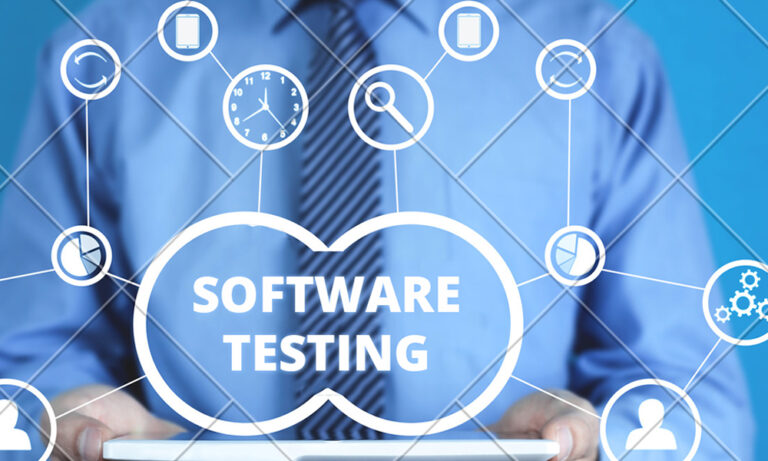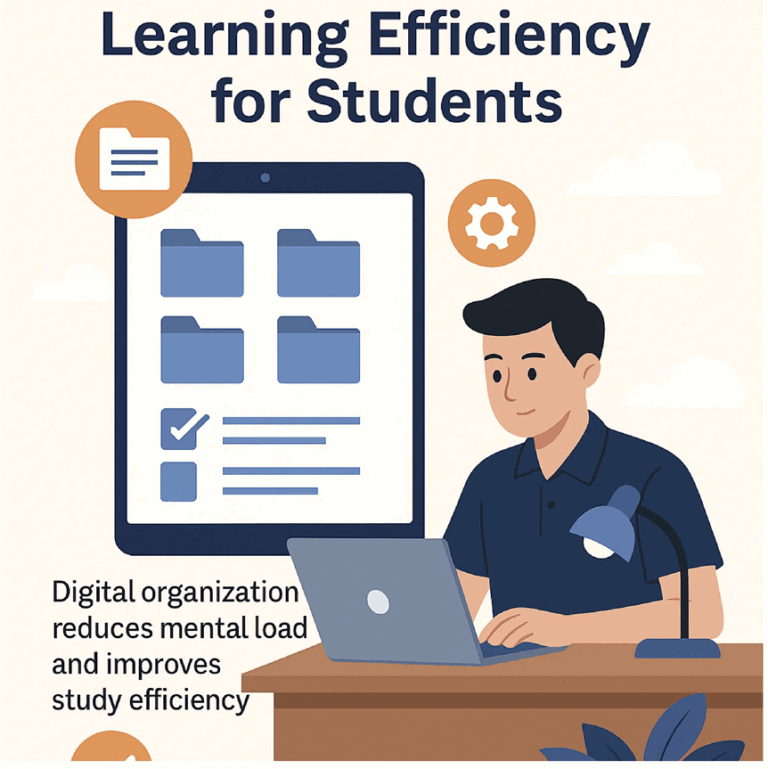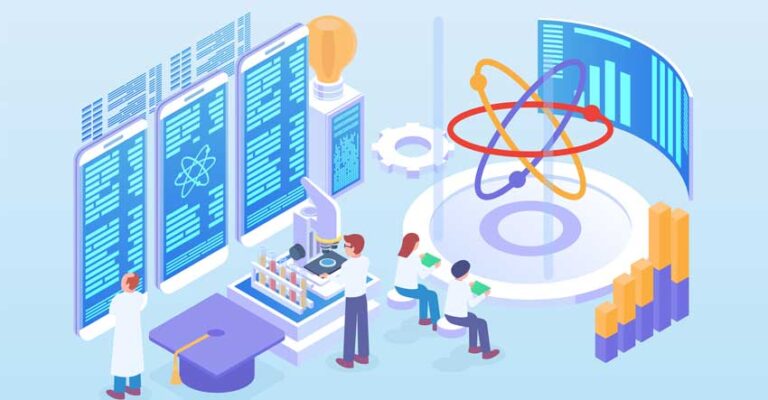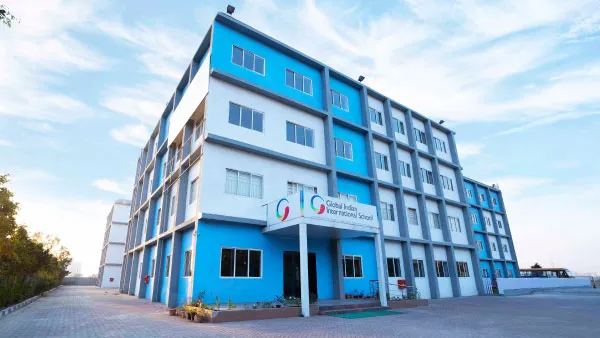A B. Tech or a Bachelor’s in Technology is one of the many steps that can be taken towards an exciting career path for the aspiring engineers. In the process of developing the technology, an increasing number of candidates apply to get into a decent engineering college. However, many entrance examinations are conducted throughout the country each year opening a door to some of India’s top-notch engineering colleges. Therefore, in this comprehensive guide, we will discuss the eligibility criteria for studying the B. Tech programme and unravel some critical facts about various B. Tech entrance exams of 2024.
Tech Course Eligibility Criteria
Prior to getting into the details on entrance exams, the general eligibility guidelines for pursuing a course of B. Tech should be understood. While these criteria can vary slightly between institutions and exams, the fundamental requirements typically include:
– Educational Qualifications: Candidates should have passed 10 +2 with Physics, Chemistry and Mathematics as the mandatory subjects from a recognized board or its equivalent.
– Minimum Percentage: Most institutions ask that the candidates score a particular percentage in their 10+2 exams, ranging from 50% to as high as 75%, based on the type of institution and whether one falls under general or reserved category.
– Age Limit: The candidate should have attained the age limit as mentioned by the authorities of respective exams.
Tech Degree and Student – Technical And Practical Knowledge
A B. Tech degree is a comprehensive platform for the students to learn both theoretical and practical aspects of engineering disciplines. The curriculum provides basic engineering principles and branches such as Computer Science, Electronics, Mechanical and Civil among others. Here are key benefits:
Technical Expertise:
– In-Depth Understanding: In B. Tech programs, the students acquire a detailed knowledge of the core engineering principles associated with their chosen field.
– Hands-On Learning: Practical elements such as laboratory classes, projects and internships involve the application of theory to real life.
– Specializations: Students can be provided with an opportunity to focus on the areas that resonate with their interests and career ambitions from software development to structural engineering.
Practical Knowledge:
– Problem-Solving Skills: Engineering programs aim at equipping the students with many analytical and problem-solving skills necessary for overcoming challenging problems prevalent in different industries.
– Project Work: The practicum engages the students by getting them involved in projects, which give theoretical knowledge and allow it to be applied in solving real engineering problems that require a lot of creativity and innovation.
– Industry Exposure: Industrial visits, guest lectures with the experts from the industry and internships are incorporated into many B. Tech programs which furnishes the students hands-on experience of their field.
Subjects, Eligibility for Entrance Exams
The common areas of evaluation through entrance exams for the B. Tech programs are typically Physics, Chemistry and Mathematics. The eligibility criteria may vary slightly for different exams, but they commonly include the following aspects:
– Subject Proficiency: The competence in these subjects- Physics, Chemistry and Mathematics are assessed according to the weightage they carry by different exams.
– Age Limit: Some tests will have age limits, and the candidates must ensure that they meet whatever criteria are set out by the test body.
– Educational Qualifications: The minimum educational qualification would be to pass the 10+2 with the applicable percentage and subjects.
Top Entrance Exams in 2024
- JEE Main (Joint Entrance Examination)
– Conducting Authority: National Testing Agency (NTA)
– Subjects: Physics, Chemistry, and Mathematics
– Eligibility: 10+2 with physics, chemistry and mathematics.
– Details: JEE Mains is a very common nationwide exam, administered in two sessions yearly as the qualifying test for admission to national-level engineering institutes including IITs.
- BITSAT (Birla Institute of Technology and Science Admission Test) is an entrance exam for admission to the integrated first-degree programs offered by BITS Pilani campuses in Pilani, Goa, Hyderabad and Dubai.
– Conducting Authority: Birla Institute of Technology and Science (BITS).
– Subjects: The subjects include Physics, Chemistry, Mathematics, English Proficiency and Logical Reasoning.
– Eligibility: 10+2 or its equivalent comprising Physics, Chemistry and Mathematics
– Details: BITSAT is an entry-level test into the integrated world’s degree programs in the campuses of Pilani, Goa and Hyderabad.
- VITEEE (VIT Engineering Entrance Examination)
– Conducting Authority: Vellore Institute of Technology (VIT)
– Subjects: Physics, Chemistry, Mathematics, English
– Eligibility: 10+2 or higher with Physics, Chemistry and Mathematics.
– Details: VITEEE is held for the B. Tech admissions to the VIT, Chennai, Bhopal and AP offered.
- SRMJEE (the regional version of which is designated as SRM Joint Engineering Entrance Examination)
– Conducting Authority: The SRM Institute of Science and the Technology
– Subjects: Physics, Chemistry, Mathematics and Biology (for B. Tech in biotechnology)
– Eligibility: Any of the following: 10+2 or any equivalent with Physics, Chemistry and Mathematics
– Details: SRM Institute of Science and Technology campuses in Kattankulathur, Ramapuram, Vadapalani, Ghaziabad (NCR), and SRM University have an entrance test known as the B. Tech admission exam called ‘SRMJEE’ for admitting the candidates.
- Maharashtra Common Entrance Test (MHT CET) is a well-known entrance test.
– Conducting Authority: Maharashtra State Common Entrance Test Cell
– Subjects: Physics, Chemistry, Mathematics
– Eligibility: A minimum of 10+2 or equivalent with Physics, Chemistry and Mathematics is required.
– Details: The MHT CET is an entrance exam in the Maharashtra state for engineering, pharmacy and agriculture courses.
- KIITEE (KIIT Entrance Examination)
– Conducting Authority: The Kalinga Institute of Industrial Technology (KIIT) is a renowned institute.
– Subjects: Physics, Chemistry, Mathematics
– Eligibility: A 10+2 or equivalent with Physics, Chemistry, and Mathematics.
– Details: KIITEE stands for the entrance test of B. Tech admission in KIIT Deemed to be University.
Finally, the path to a degree in B. Tech encompasses numerous entrance tests that possess their own special meaning. When selecting the entrance examination, aspiring engineers need to pay utmost attention to their interests and strengths as well as career intentions in relation with these aspirations. JEE Main or BITSAT for instance, irrespective of the options of national-level examinations and specific institution-based exams B. Tech is an opportunity that introduces students to a world full of opportunities; it also equips them with the skills necessary to succeed in engineering.
FAQ
Which entrance exam is the best for B Tech?
The selection of the ideal entrance exam for B. Tech depends on several aspects like choice interest, institution reputation and area-based preferences. JEE Main is one of the most reputed national level exams and other tests such as BITSAT, VITEEE, JKCET, MHTCET, KIITER also provide an opportunity in the top engineering colleges.
Is it possible to enter the B. Tech without passing the JEE?
Yes, a number of engineering institutions have their own entrance exams, and they also offer admission to the candidates without having them take the JEE. Some of the offbeat entrance exams that lead to B. Tech study include BITSAT, VITEEE, SRMJEE, MHT CET and KIITEE.
What is the Age Limit for B. Tech course in India?
The age limit of B. Tech programs in India is different for several institutions as well as for entrance examinations. Candidates must make sure that they know the age criteria set by the examining bodies or other institutions providing B. Tech programs.








